Mark Rylance as Dr Semmelweis
battling Maternal Mortality
“We are the doctors of the modern age. We are marching into battle.”
A supporter of Dr Semmelweis
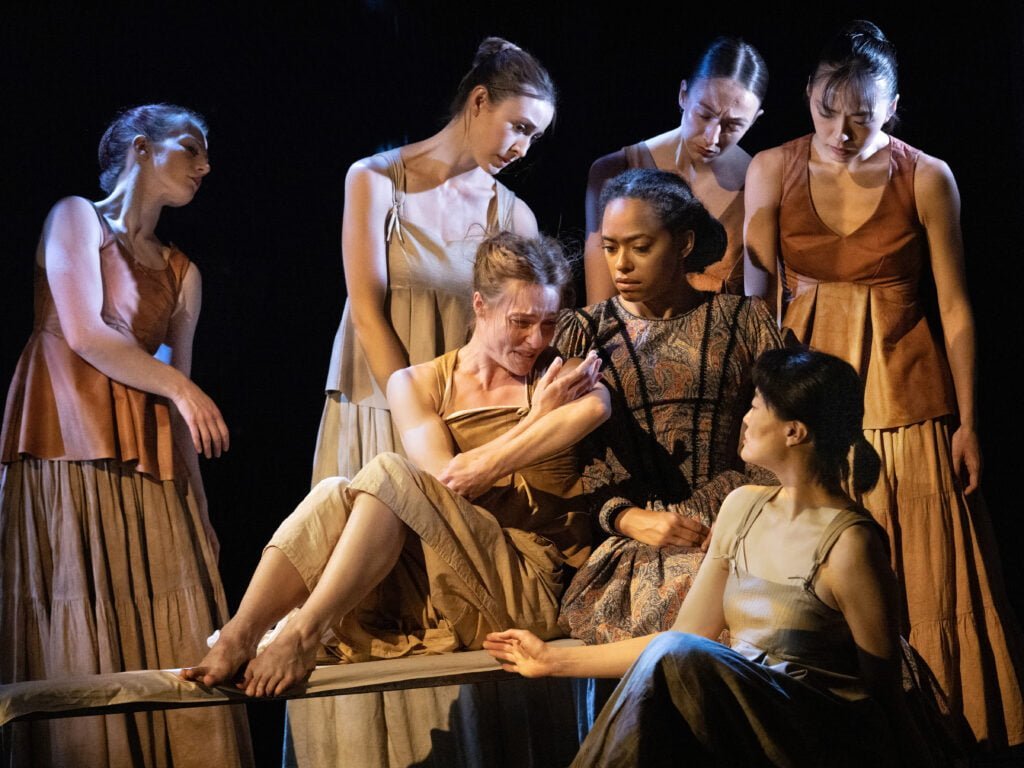
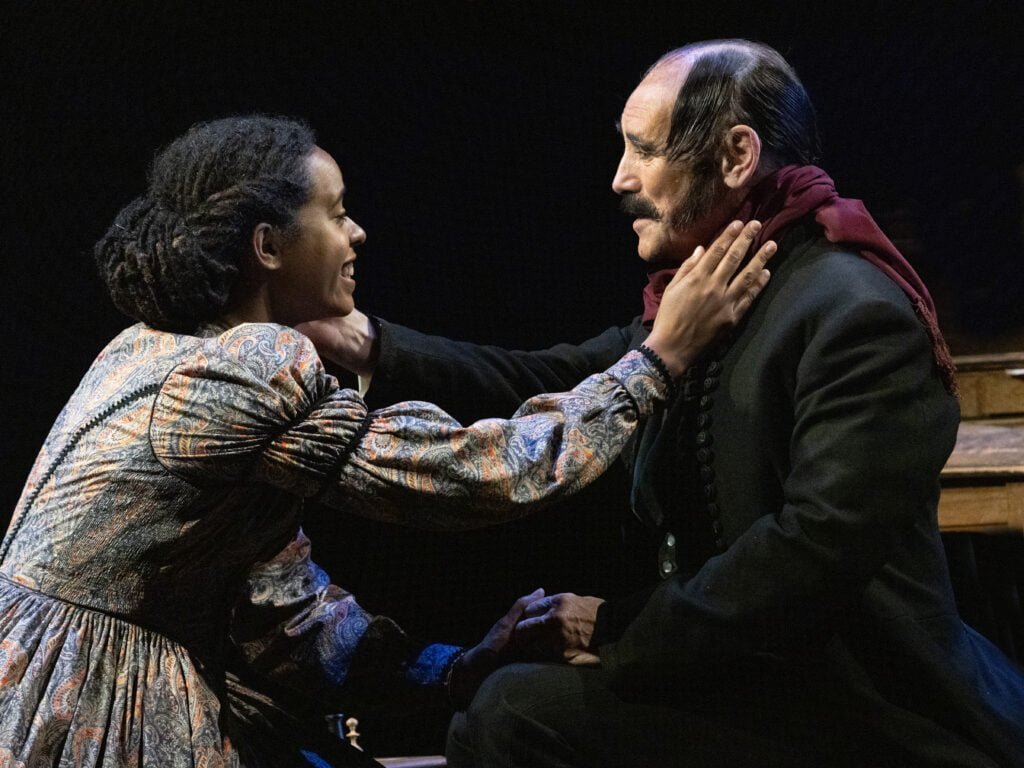
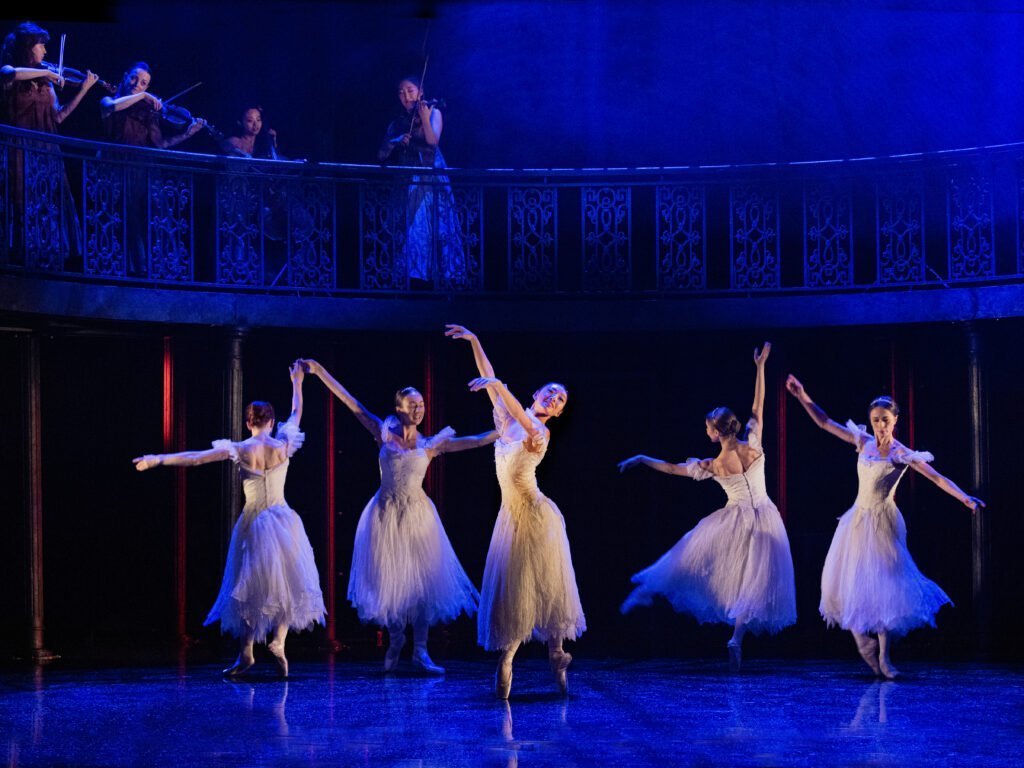
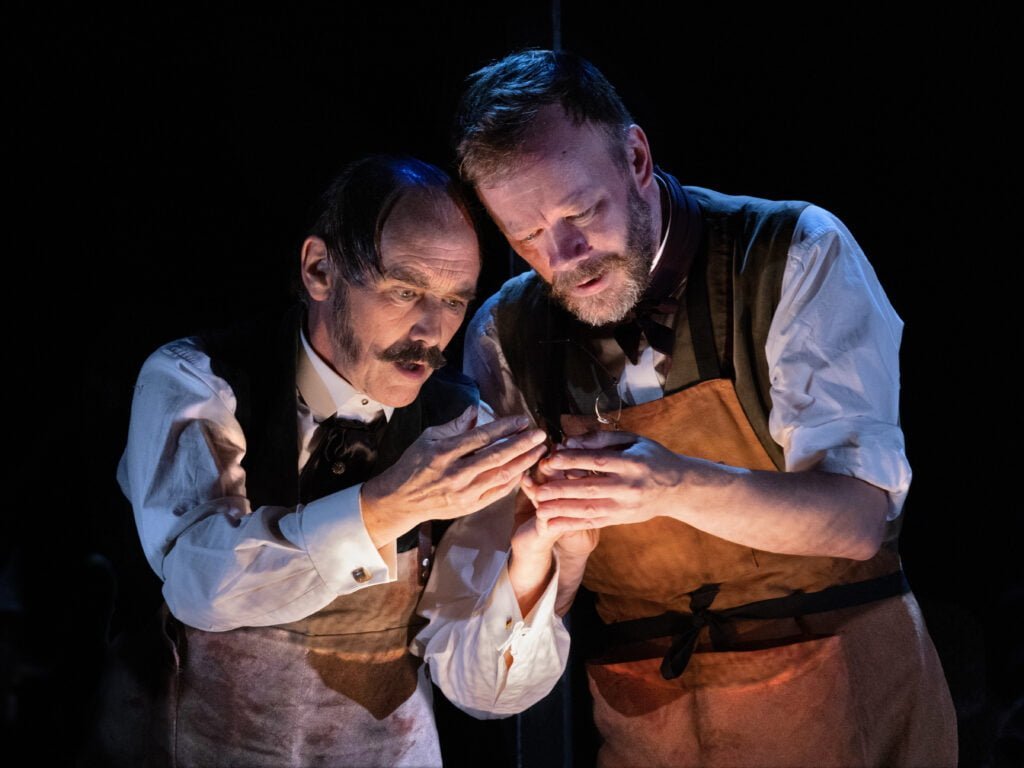
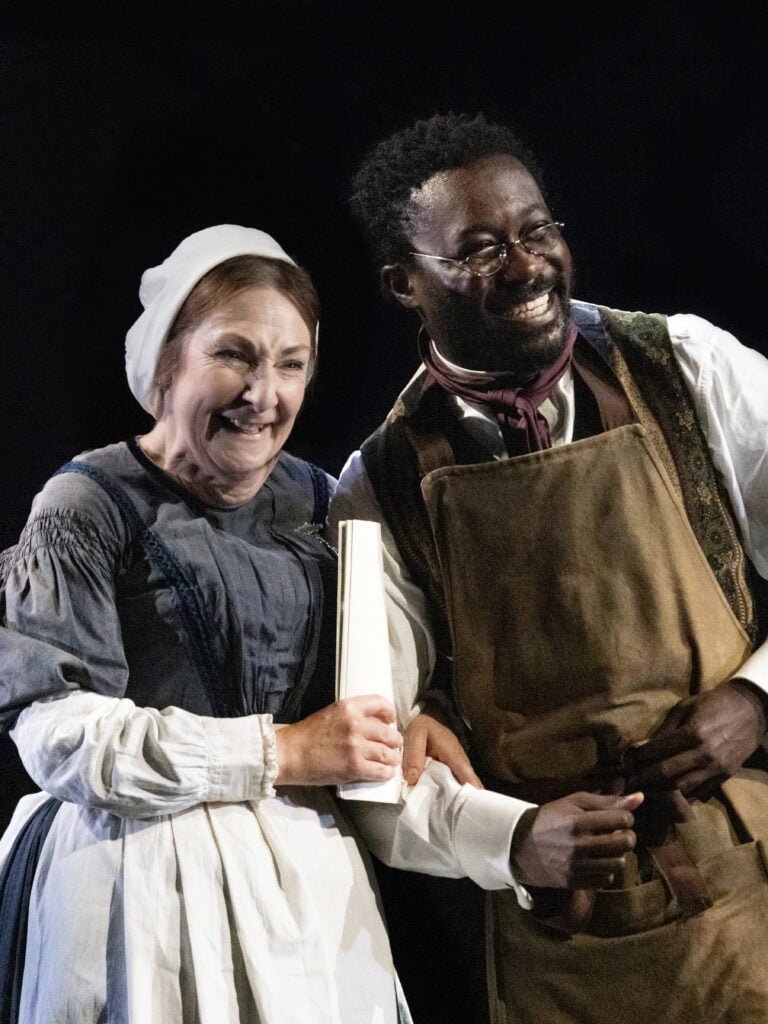
Production Notes
Dr Semmelweis
Written by Stephen Brown with Mark Rylance
Directed by Tom Morris
Cast
Starring:
Mark Rylance
Felix Hayes
Roseanna Anderson
Suzy Halstead
Joshua Ben-Tovim
Megumi Eda
Zoe Arshamian
Ewan Black
Chrissy Brooke
Pauline McLynn
Jude Owusu
Oxana Panchenko
Millie Thomas
Max Westwell
Amanda Wilkin
Alan Williams
Daniel York Loh
Creatives
Director: Tom Morris
Designer: Ti Green
Lighting Designer: Richard Howell
Choreography: Antonia Franceschi
Sound Designer: Jon Nicholls
Music: Adrian Sutton
Information
Running Time: Two hours 50 minutes including an interval
Booking to 7th October 2023
Theatre:
Harold Pinter
Panton Street
London SW1Y 4SW
Tube : Piccadilly Circus
Telephone: 03330 096 690
Website: haroldpintertheatre.co.uk
Reviewed by Brian Clover at the Harold Pinter Theatre
at a preview performance on 8th July 2023
